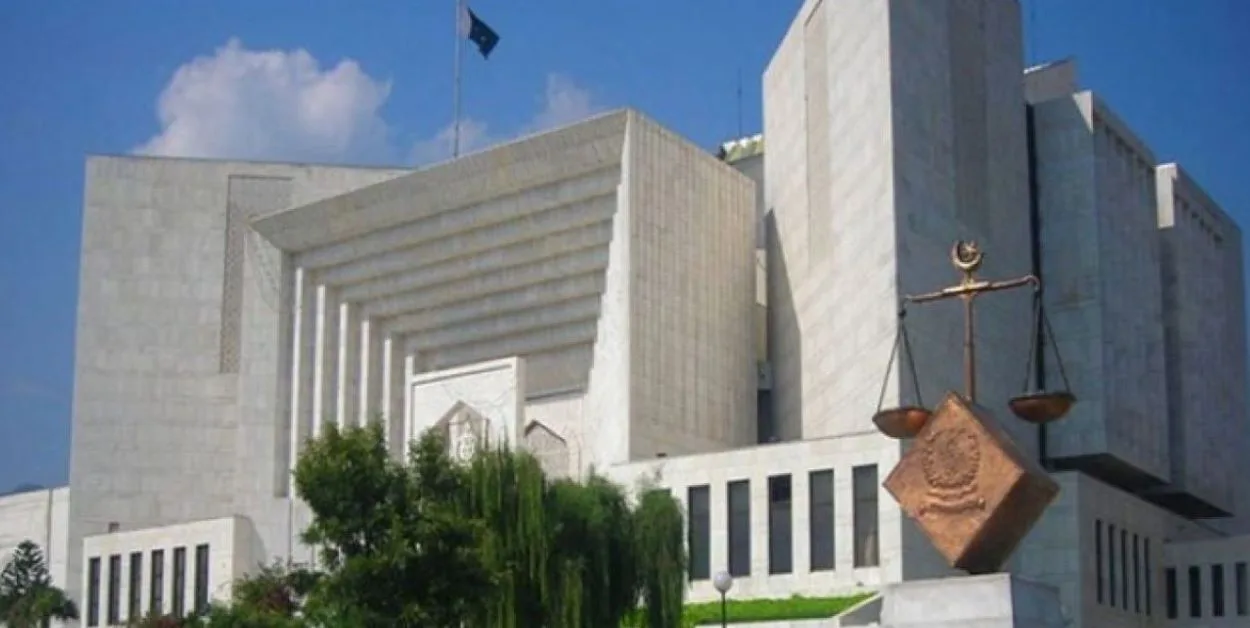The Supreme Court of Pakistan instructed Attorney General Usman Mansoor Awan to provide records of the National Assembly’s proceedings on judicial reforms by Tuesday.
During the hearing concerning the challenges to the Supreme Court (Practise and Procedure) Bill 2023, an eight-member expanded bench issued the order. The bench, led by Chief Justice of Pakistan (CJP) Umar Ata Bandial, included Justices Ijaz ul Ahsan, Munib Akhtar, Sayyed Mazahar Ali Akbar Naqvi, Muhammad Ali Mazhar, Ayesha A Malik, Syed Hassan Azhar Rizvi, and Shahid Waheed.
In a previous hearing, CJP Bandial rejected the attorney general’s appeal to lift the stay order preventing the bill’s implementation, which the Supreme Court had imposed on April 13. The court had also requested the National Assembly’s proceedings records during the last hearing, but they were not provided today.
At the hearing’s commencement, Attorney General of Pakistan (AGP) Mansoor Usman Awan requested a full court to hear the case. Pakistan Muslim League-N’s (PML-N) attorney Salahuddin Ahmed informed the court that his client had filed a similar petition, also seeking a full court.
The bench questioned the government’s motives behind requesting a full court, and the chief judge commented that future conditions for ordering a full court formation must be determined.
Read: Chief Justice of Pakistan Seeks Parliamentary Records on Supreme Court Bill
CJP Bandial noted that the matter did not involve a constitutional amendment and asked the parties to provide examples of cases besides presidential references to Justices Faez Isa and Iftikhar Chaudhry.
The presiding judge adjourned the case for three weeks, stating that it required further assistance and arguments. He explained that the hearing’s postponement was due to some judges leaving the city.
The bench also asked the lawyers to clarify their confidence in the current bench, emphasizing that this matter should be resolved first.
AGP Awan argued that the court had acknowledged the Constitution’s fundamental structure and that the judicial reform law addresses bench formation and appeals. He added that the bill’s provisions were administrative and could be amended by a full court. He maintained that a full court should also hear cases involving judicial impartiality and rules.
The hearing ended with a discussion on the existence of legislative authority and whether similar measures existed in the past.
The law in question, which governs the powers of the CJP, was approved by Parliament on April 10 during a joint session. The Supreme Court (Practise and Procedure) Bill 2023 was enacted into law by the National Assembly on April 21. The court hearing the case today had previously halted the law’s implementation on April 13.






